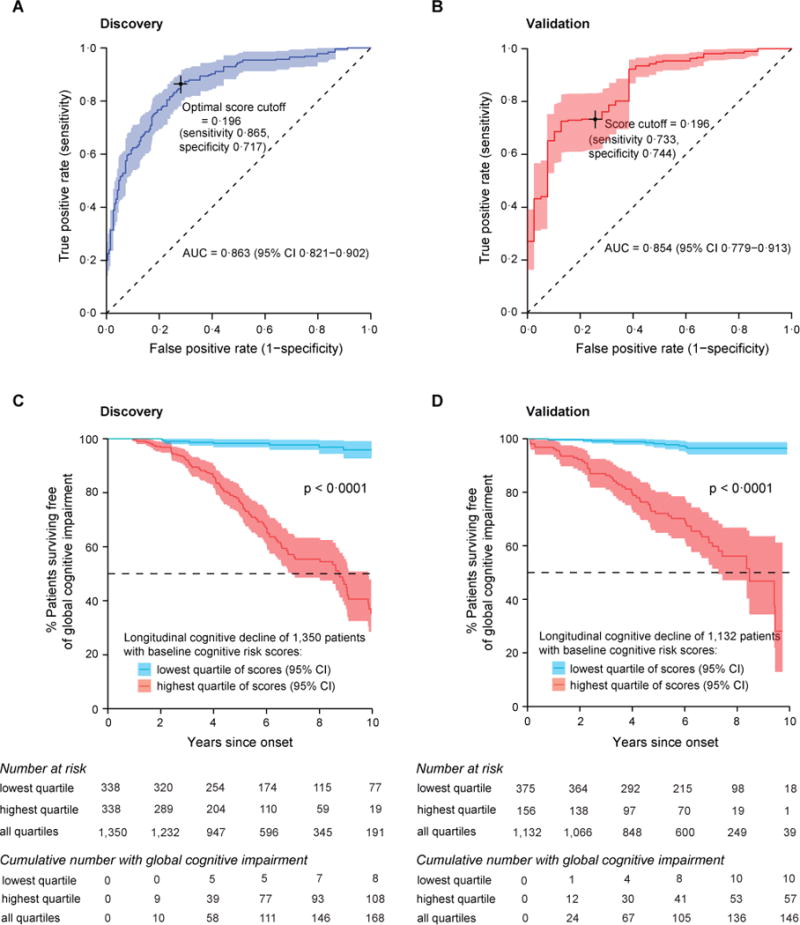Figure 2. Prediction of global cognitive impairment.

(A,B) The cognitive risk score showed high accuracy (quantified by AUC estimates) for predicting, whether a patient will develop global cognitive impairment within ten years from disease onset in the discovery and the validation populations. (A) In the discovery population, 1,350 patients with PD and MMSE > 25 at baseline were followed with 5,165 visits for up to 12.8 (median, 2.8) years. (B) In the independent validation population, 1,132 patients with PD and MMSE > 25 at baseline were followed with 19,127 visits for up to 8.6 (median, 6.5) years. Sensitivity and specificity at the cutoff score of 0.196 (the optimal cutoff identified in the discovery population) are shown for both populations. (C,D) Covariate-adjusted Kaplan-Meier curves for survival free of global cognitive impairment. (C) In the discovery population, 95.8% (95% CI 92.7%–99.1%) of patients with PD in the lowest (first) quartile of scores survived for ten years without global cognitive impairment compared to 34.9% (95% CI 26.5%–46.2%) of those scoring in the highest (fourth) quartile. (D) In the validation population, 96.3% (95% CI 94.1% – 98.6%) of patients in the lowest quartile of scores survived for ten years without global cognitive impairment compared to 27.4% (95% CI 12.6%–59.8%) of patients scoring in the highest quartile scores. To ensure consistency across studies, an MMSE score with the cutoff of ≤ 25 was taken as an indicator of significant global cognitive impairment as recommended by the International Parkinson and Movement Disorders Society (MDS) Task Force17.
